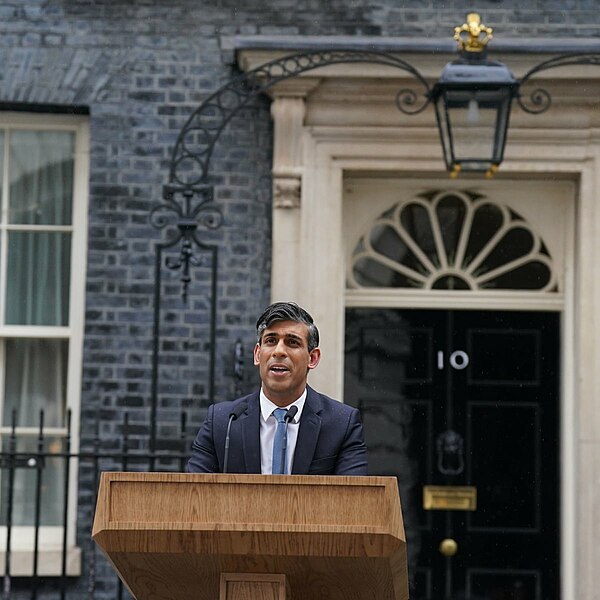
This year's general election sees a record-breaking number of candidates vying for seats. Over 4,500 candidates are standing for election across the 650 constituencies
in England, Wales, Scotland, and Northern Ireland. This marks a 35.7% increase from the 2019 election.
The surge in candidates is largely due to several factors. Reform UK has ended its previous policy of not standing against Conservative candidates, significantly boosting their candidate numbers. Additionally, the Green Party has fielded more candidates, and the Workers Party of Britain is participating in its first general election. There has also been a notable rise in the number of independent and smaller party candidates.
Matthew Flinders, a professor of politics at Sheffield University, suggests that the increase in candidates could lead to more marginal constituencies and greater fluidity between elections. This election could thus see more varied outcomes and less predictability.
Tim Bale, a professor of politics at Queen Mary University of London, notes that the fragmentation of party systems is a trend observed across many European countries, including the UK. He explains that modern voters are less loyal to traditional parties, often feeling that these parties have failed to deliver or have neglected their interests. This shift has encouraged more parties to enter the political arena, leading to an increase in the number of candidates.
This year's 4,515 candidates surpass the previous record of 4,150 candidates in the 2010 election. Reform UK, formerly known as the Brexit Party, has seen the most significant rise, fielding 609 candidates—332 more than in the last election. In 2019, party leader Nigel Farage strategically chose not to run candidates in over 300 seats to aid Boris Johnson's Conservatives in securing Brexit. This year, Farage has ruled out a similar pact with the Conservatives.
The Green Party has also increased its candidate count by 131, fielding 629 candidates after ending its "Unite to Remain alliance" with the Liberal Democrats and Plaid Cymru. The Workers Party of Britain, led by George Galloway, has entered the fray for the first time with 152 candidates.
Professor Flinders anticipates that future elections may see even more candidates, indicating a shift in British politics. He warns that the two main parties' capacity to act as broad, catch-all parties is being stretched thin, potentially leading to an influx of new insurgent and independent parties.
The general election on July 4 is set to be a dynamic and competitive event, reflecting the evolving political landscape in the UK. Photo by Lauren Hurley / No10 Downing Street, Wikimedia commons.


































